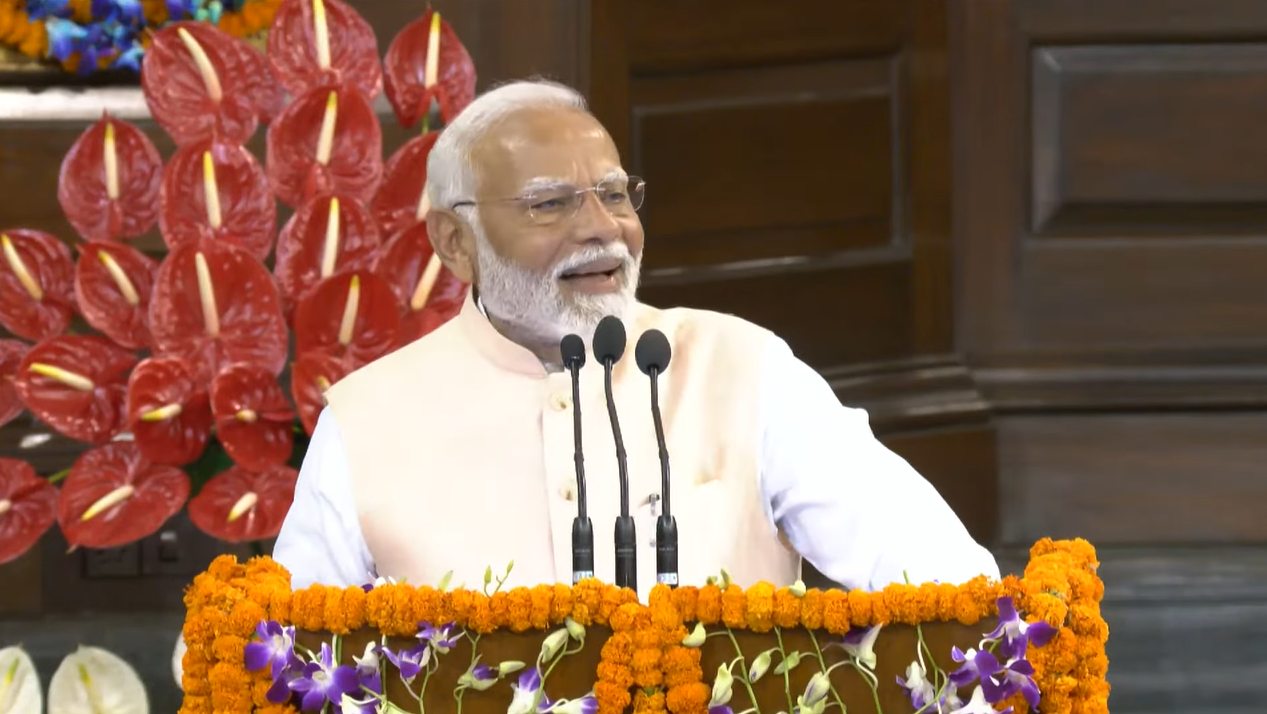Prime Minister Narendra Modi’s recent endorsement of Electronic Voting Machines (EVMs) as stalwarts of India’s electoral process has sparked a lively public debate, with citizens and experts offering varied perspectives on the trustworthiness and efficacy of electronic voting systems.
Addressing the NDA Parliamentary Meet, Modi reiterated his confidence in EVMs, emphasizing their role in ensuring transparency and credibility in elections. However, his remarks have elicited mixed reactions from the public, with some echoing his sentiments while others express concerns over the potential vulnerabilities of electronic voting systems.
Supporters of EVMs point to their efficiency, accuracy, and the technological advancements they bring to the electoral process. They argue that EVMs have significantly reduced electoral malpractices such as booth capturing and ballot stuffing, thereby enhancing the integrity of elections and strengthening democracy.
“Electronic Voting Machines have revolutionized the way we conduct elections, making the process more transparent and efficient,” remarked a citizen in support of EVMs. “Their use has instilled greater confidence in the electoral process and ensured that every vote counts.”
However, critics raise apprehensions about the security and reliability of EVMs, citing instances of alleged tampering and malfunctions reported in previous elections. They call for greater transparency and accountability in the use of EVMs, including robust audit mechanisms and enhanced scrutiny of their software and hardware components.
“While EVMs have undoubtedly brought technological advancements to our electoral process, we cannot overlook the risks they pose to the integrity of elections,” expressed a concerned citizen. “It is imperative that we address these concerns and implement safeguards to protect the sanctity of the electoral process.”
The debate over EVMs has also reignited discussions on electoral reforms, with citizens and experts advocating for measures to enhance transparency, verifiability, and public trust in the electoral process. Suggestions range from the introduction of paper trails for electronic votes to the adoption of advanced encryption techniques to safeguard against tampering.
“Ensuring the integrity of elections is paramount for the functioning of a healthy democracy,” affirmed an electoral reform advocate. “We must explore innovative solutions and engage in constructive dialogue to address the challenges posed by electronic voting systems and uphold the democratic principles enshrined in our Constitution.”
As India prepares for future elections, the discourse surrounding EVMs and electoral reforms is expected to intensify, with citizens, policymakers, and electoral authorities engaging in informed discussions to safeguard the democratic foundation of the nation. By fostering transparency, accountability, and public participation, India can strive towards ensuring free, fair, and credible elections that reflect the will of the people.



